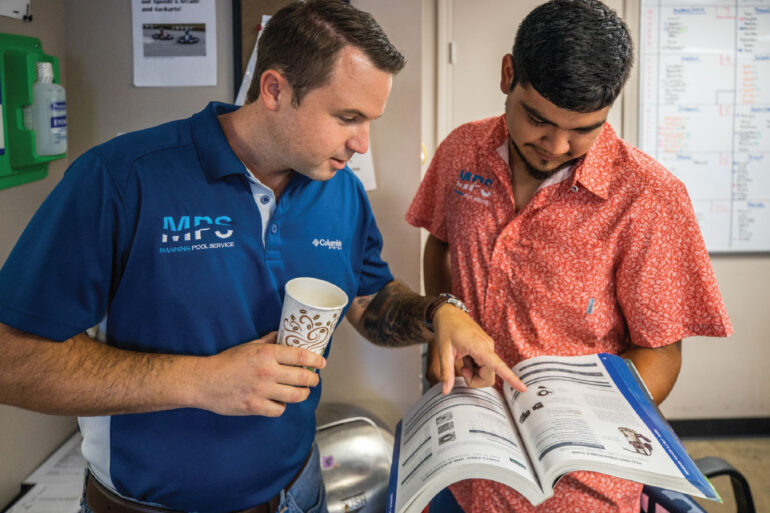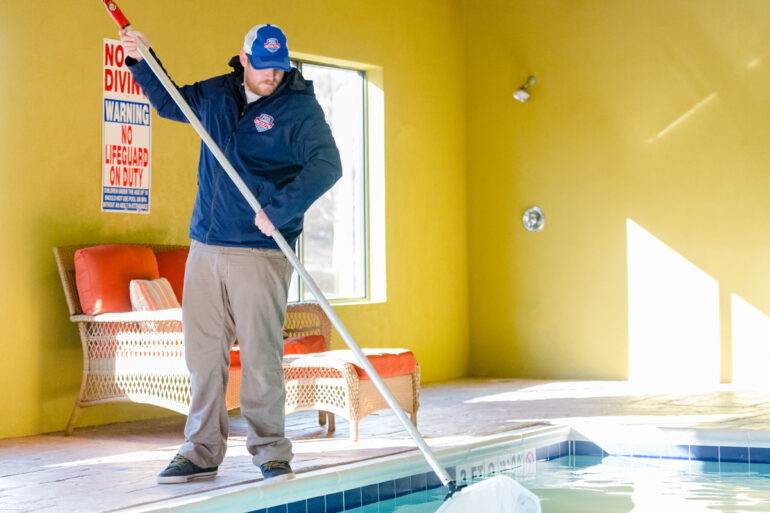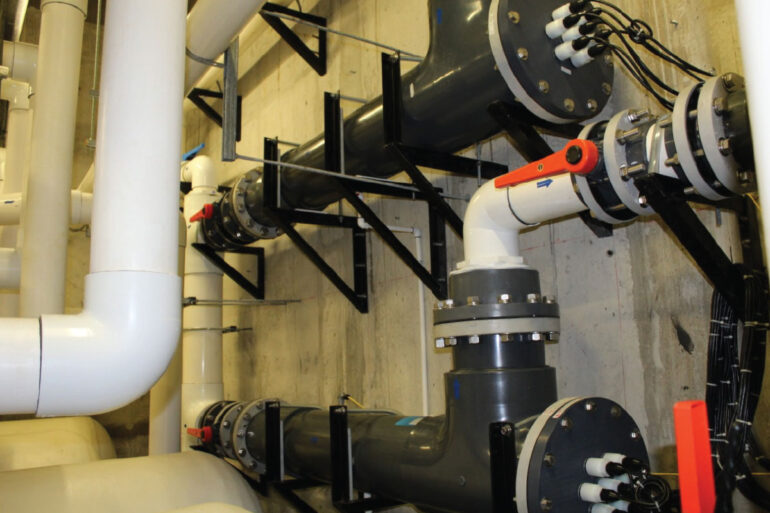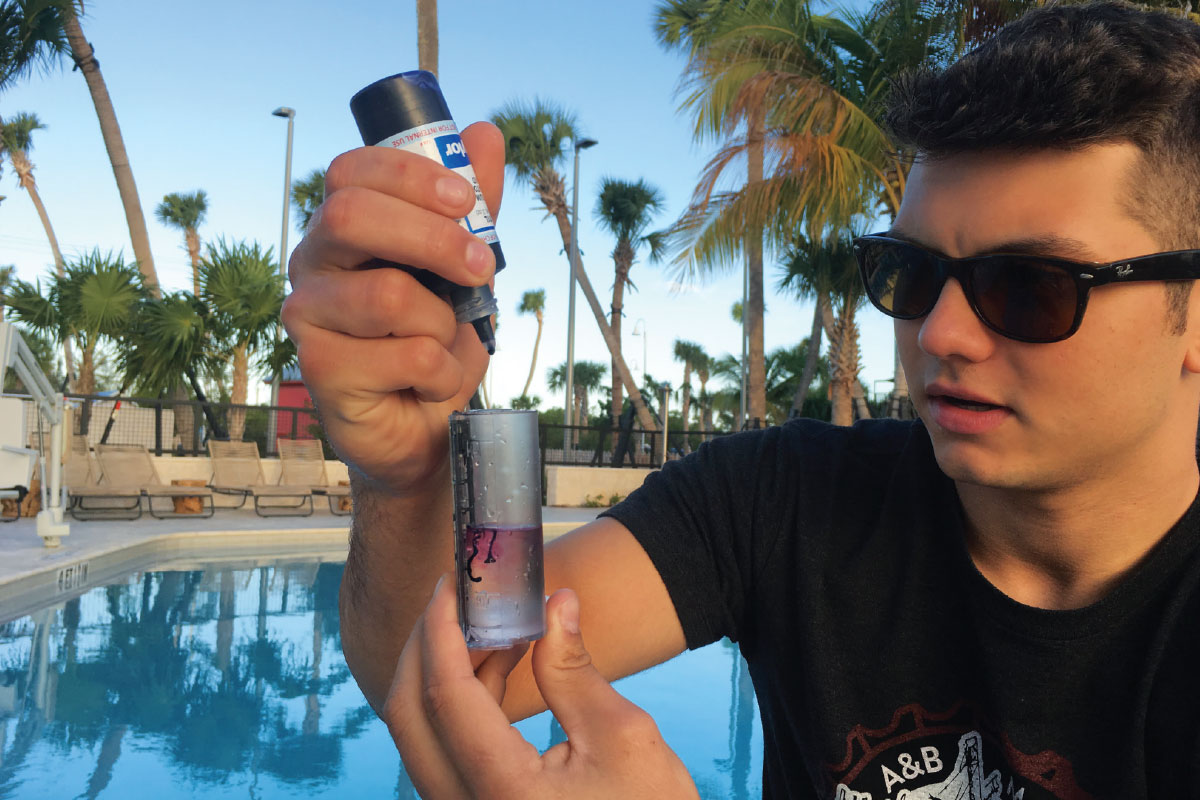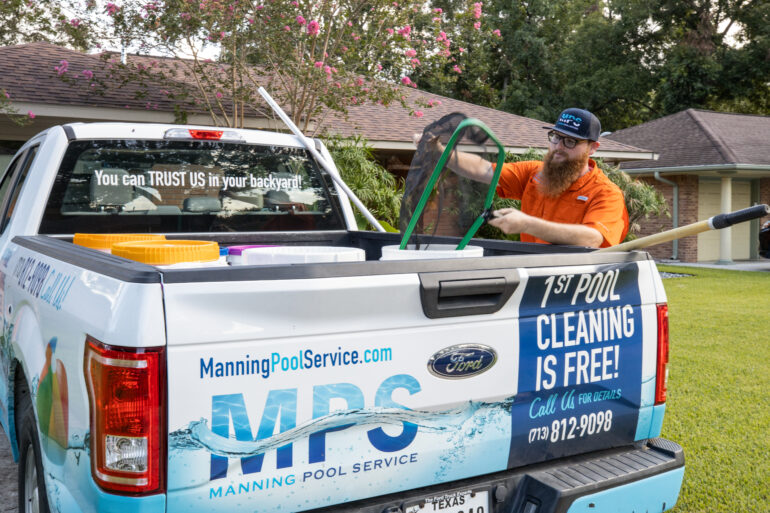Inspector Gadget

The minute you charge for a swimming pool inspection, you are putting yourself into the position of expert, and I trust that you are an expert. If you are not, you have no right to offer or charge for such a service — especially since once you charge for pool inspection services, a court will hold you to a higher standard. Isn’t there a phrase that goes something like, “With great power comes increased liability”?
The kicker is, your general liability insurance is not going to cover this increased liability. You will need to obtain professional insurance, errors and omissions (E&O) coverage (double check swimming pool inspections are included). It is your opinion that needs insurance.
If not adequately insured, a death or injury related to an item you inspected and noted to be sound could cost you everything. Someone doesn’t even have to get hurt. Your inspection could be used in the sale or purchase of a property. If a deal falls through because your report said there were no leaks and one was found, you may find your opinion is on the line and you are liable for the lost sale.
I’m a pool guy, not a lawyer, but I know to cover my assets. Finding an attorney before you get into offering pool inspections is a must, too. You also need to check with your county and state government to see what licensing is required.
The verbiage on your inspection contract needs to be explicitly clear on what is included in the inspection and, more importantly, what is not. Lawyer up, Pool Guy, and lawyer up, Pool Gal! You cannot afford to have a document that just states “pool inspection”; legally, this can be perceived as you giving the A-OK to including everything. Claiming something wasn’t included after the fact will not bode well for you in court.
There may be licensing required. Even if you are in a state where pool inspections are not regulated — like Florida — that does not mean you have free reign. You still need to be a legal business with whatever insurances and licensing you need for that, on top of the items we just went through. However, depending on the type of inspection, a contractor’s license may still be required for anything beyond a visual inspection/observation.
In Florida, anything you touch with a tool or that is part of a commercial swimming pool requires you to be a licensed commercial pool contractor.
The same is true if you offer residential pool inspections where you plan to disassemble, except your contractor’s license for these would not be designated commercial. Why? Because it’s a felony in the nation’s only tropical state to touch a pool with a tool if you’re not. Isn’t that enough?
Everything we have spoken of so far pertains to commercial and residential pool inspections. Just because the focus today is commercial doesn’t mean your neck is any less on the line when conducting a backyard pool inspection for a home sale.
If this all sounds like a significant pain, you are looking at it wrong. This is an expensive service for the customer to purchase — and a profitable one.
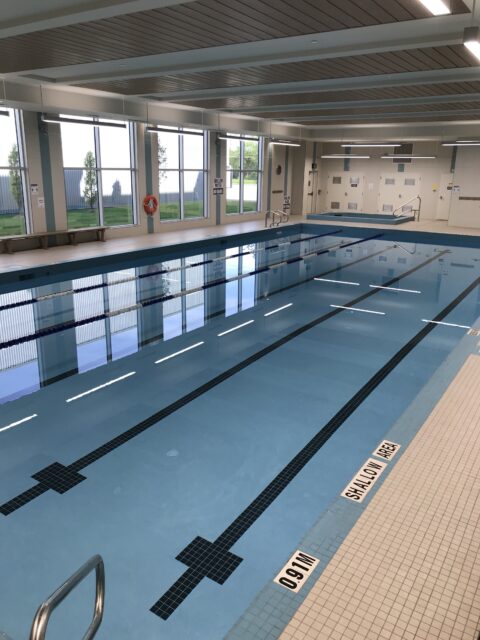
Commercial swimming pools need you to offer this service; it is an underserved niche where you could quickly fill the void. Lawsuits are expensive, and accidents do occur — everything from outbreak to injury. These facilities need to ensure their pool is to code to keep their level of negligence to a minimum should the worst-case scenario come front and center.
If you think this is government work because that’s what health inspectors are for, you are thinking wrong. A Department of Health inspection of a public pool does not include a complete Health Department code inspection. What it does contain is a spot check of the DOH Public Pool Code. Usually, this is limited to a dozen and a half items. Your public pool code will be in the neighborhood of 35-plus pages of bullet points in a succession of maybe 500 or more items. I promise it will be the most boring document you ever read in your life.
Your overloaded health official doesn’t have time to check all of that, nor do most have the skills to do so. Just because the health official doesn’t check everything during an inspection doesn’t mean all of these items don’t need to meet code. God forbid something terrible should happen.
Your inspection is proactive in identifying deficiencies so they may be remedied before any accidents or injuries. You deliver it in a well-formatted but prioritized list, and you get to write the word ‘Estimate’ across the top. Equipment or repairs needed to meet code are typically approved at a higher percentage rate than items that are warm and fuzzy — and besides, your inspection may save a life.
If you are in an area without a public pool code, this does not automatically reduce facility liability or negligence. In those areas, inspect the CDC’s Model Aquatic Health Code. This will help to ensure all areas are up to snuff.

